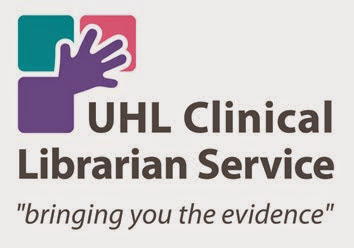Here is some handy information about Toronto to tempt you!
Toronto is
well-known as a mosaic of heritages and peoples. Priding itself on being
one of the most multicultural cities in the world, the mingling of unique
communities into its “big picture” has generated a wonderful energy within the
city. Reflecting this diversity, according to the 2011 National Household
Survey, out of approximately 5.5 million Torontonians responding, almost 43% reported
speaking a language other than English or French in their homes (Source: Source: Statistics Canada, 2011 National Household Survey,
Statistics Canada Catalogue no. 99-010-X2011031).
Multicultural
Toronto is not easily divided into ethnic neighbourhoods but there are locations
where you may experience the energy that is quintessential Toronto. We
encourage you to not only attend Mosaic ‘16 but to experience Toronto’s
multicultural mosaic by visiting some of these neighbourhoods known for
culture, cuisine, community and character.
Here are some
interesting notes about just a few of Toronto’s unique neighborhoods.
Baldwin Street: Through different times in
this street’s history it has been home to Toronto’s Jewish population, American
war resisters, and immigrants from around the world. Today it is a cozy
and eclectic mix, one of the most pleasant places for a stroll.
Downtown Chinatown: With a mixture of Southeast
Asian influences from Chinese, Thai, to Vietnamese to Cambodian, this area is
known for its many cuisines. It is one of the larger Chinatowns in North
America.
Greektown: Known to be the second largest
Greek community outside of Greece and the largest in North America, it is “the”
place to listen to Greek bands, spend time at a sidewalk cafe, and experience
authentic Greek cuisine. It was originally established as a small community in
1907.
Kensington Market: Kensington Market is many things
- bohemian, counter-culture, gritty, and close-knit. It also houses many
modestly priced high-quality restaurants. Known as one of the best street
markets in North America.
Koreatown: A relatively young neighborhood,
Koreatown offers shopping at high-end Korean fashion boutiques, acupuncture
clinics, and authentic restaurants knowns for generous portions of Korean comfort food.
Little India: North America’s largest South
Asian market. It is a
high density neighbourhood of shops with all the latest in Indian
fashion, jewelry, art, cinema, and cuisine. Also known as Gerrard Bazaar, it is
home to immigrants from all over South Asia.
Little Italy: Check out traditional Italian
trattorias, enjoy an espresso on an outdoor cafe, hit one of the nightclubs or
take in pool halls. The neighborhood is a busy and vital area. Although more
Portuguese according to demographics now, it still holds a truly Italian vibe.
Old Town: Of significance as a historical
area dating back to the early 19th century. Check out Old Town for a taste of
Toronto’s historical beginnings. It contains the Distillery HIstoric District
where Victorian-era spaces have converted into restaurants and galleries.
Toronto’s
neighborhoods celebrate the city’s distinct style and flair. To find out more,
see “Toronto Neigbourhoods” on the Official Website of Tourism Toronto at http://www.seetorontonow.com/explore-neighbourhoods.


